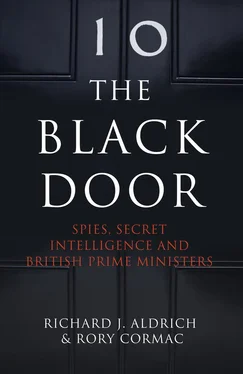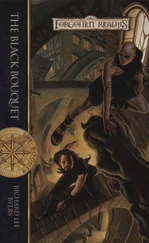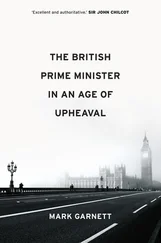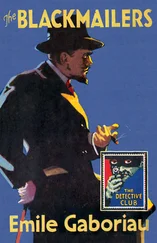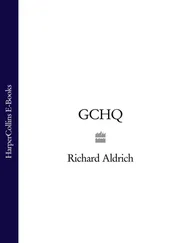Bonar Law, who replaced Lloyd George in 1922, was the shortest-serving prime minister of the twentieth century, spending only 211 days in office. He died of a throat tumour shortly afterwards, and was buried in Westminster Abbey near the Tomb of the Unknown Soldier. During the funeral, Asquith described him as ‘the unknown prime minister’. Hankey noted in his diary: ‘Poor Bonar never had the nerve for the job of prime minister. The responsibility preyed on his mind and, I feel sure, hastened on his cancer.’ Turning to Bonar Law’s successor, he added, quite correctly, ‘Baldwin has the nerve but scant capacity and I fear will not last long.’ Stanley Baldwin’s first term in office indeed lasted only eight months, and he stepped down in January 1924. Alongside these figures, Lloyd George appeared a political giant, and it was under him that British intelligence took its most adventurous step forward.90
A connected British intelligence community was not created in 1909, but it had already begun to centralise and professionalise. Indeed, it has been suggested that Asquith’s government changed the very meaning of the word ‘intelligence’. At the turn of the century, intelligence was something that existed in the far-flung service of empire, and meant information of almost any kind, so long as it impacted upon policy or made colonial rule more efficient. Much of it was supplied by an army of enterprising amateurs serving on ‘special duties’, supplemented by eccentrics who divided their time between collecting rare beetles or tulip bulbs and sketching Turkish fortifications. By 1918, intelligence was about secret work, and incorporated a strong emphasis on counter-intelligence. Most importantly, it had also become increasingly militarised, and had embraced the science of codebreaking. Room 40 had produced astonishing intelligence in just four years, but as yet no one knew how to interpret it or to use it securely.91
Lloyd George, perhaps assisted by the wise counsel of Maurice Hankey, had begun to learn his trade. In contrast to his early years as prime minister, by 1920 he knew that context was everything in interpreting decrypts. Accordingly, Lenin’s hot language had not alarmed him. He also came to understand that access to decrypts was acquired with difficulty, and given away easily – a lesson quickly forgotten in Number 10. Therefore, although he eventually discussed codebreaking in his memoirs, he said no more than had already appeared in the public domain, and worked closely with Hankey on the agreed text.92
By contrast, his cabinet colleagues performed poorly – even those with more intelligence experience. Lord Curzon, foreign secretary between 1919 and 1924, should have been a master of intelligence, having presided over a sophisticated espionage system in his previous existence as viceroy of India. Yet personal insults from the French, revealed in all their glory by intercepts, literally drove him to tears of rage. Churchill’s performance was even worse, and despite boundless enthusiasm for intelligence he was impulsive in its use. Moreover, when he rushed out his own history of the First World War in 1923, he made many references to British codebreaking capabilities. The Germans were soon avidly reading his account, and it is no coincidence that shortly afterwards they began to take an interest in a new and effective cipher machine called Enigma. In the mid-1920s, however, Germany had not yet resurfaced as a problem. The First World War was over, and a young man named Adolf Hitler had only recently established a nascent Nazi Party. Instead, it was the Russians who attracted the attention of Britain’s secret service. An early cold war of subversion and subterfuge was emerging, in which incoming prime ministers would need to use intelligence subtly and wisely. Inexperienced in handling the secret world and lacking an integrated intelligence assessment community, this may have been asking too much.
Конец ознакомительного фрагмента.
Текст предоставлен ООО «ЛитРес».
Прочитайте эту книгу целиком, купив полную легальную версию на ЛитРес.
Безопасно оплатить книгу можно банковской картой Visa, MasterCard, Maestro, со счета мобильного телефона, с платежного терминала, в салоне МТС или Связной, через PayPal, WebMoney, Яндекс.Деньги, QIWI Кошелек, бонусными картами или другим удобным Вам способом.
